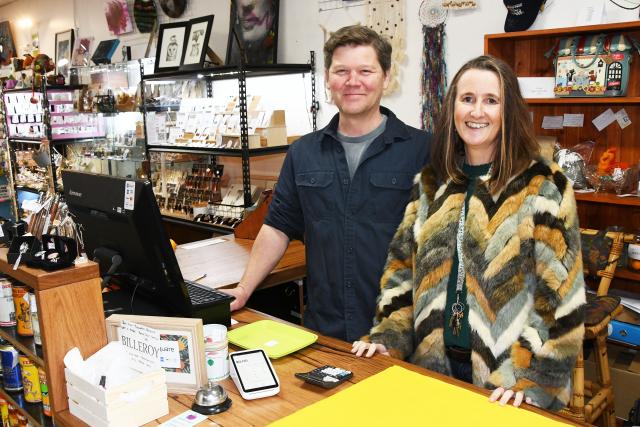A NOT-FOR-PROFIT organisation committed to reducing road trauma is warning against distraction as teens and families take to the roads over the school holidays.
Road Safety Education Limited (RSEL) educates young people in senior high school, through their flagship RYDA program.
The Easter long weekend is over, but combined, as it is this year, with the school holidays in Victoria and Queensland, many people will make longer journeys than usual, making it a dangerous time for road crashes, fatalities and injuries.
The result of the long break is a significant increase in traffic on major highways, and drivers more prone to risky behaviour according to RSEL.
This is especially the case for teenage drivers, eager to experience their new independence behind the wheel.
RSEL’s aim is to reduce trauma on Australian roads by educating young people, when high school students in Year 11 take part in the flagship RYDA program.
RYDA program director, Greg Rappo said the program was a not a driving course, but provided powerful workshops to change the way young people thought about road safety.
It addresses both drivers and passengers, with more than 425,000 students having completed the RYDA program nationally.
Mr Rappo said distractions were a key factor behind crashes for young drivers, especially at socially busy times such as Easter and school holidays.
“The temptation to check social media updates from friends, phone calls, texting, video messaging and online chatting can all spell disaster on the road,” he said.
“MP3 players, GPS devices and in-car DVDs, loud music, fiddling with the radio, air-conditioning or windows while driving – they all challenge a young driver’s concentration.”
Then there are passengers, who can have a powerful influence on the environment in a car – positive or negative.
“Crashes often occur as a result of only a moment’s inattention,” Mr Rappo said.
He said evidence suggested that young people were most at risk of being involved in a serious crash in the first six months after progressing from supervised learner to independent provisional driver.
“Our program is a community-based initiative co-ordinated through local Rotary clubs to help make our roads safer, with financial support from leading Australian companies including BOC and Toyota to help make the program accessible and affordable for all families,” he said.
“There are a number of reasons, some outside a young driver’s control, why young drivers are at such high risk.
“Their brains are still developing, they exhibit sensation-seeking behaviour, they are greatly influenced by peer pressure, often drive less roadworthy cars, can be sleepy and often drive at night or for ‘fun’,” Mr Rappo said.
The good news however is a 47 per cent reduction in youth road deaths for drivers aged between 17 and 24 over the past 10 years in Australia.
But, there’s no room for complacency.
“While this is an encouraging result, our work is not done,” Mr Rappo said.
“One life lost is one too many.”
Distraction equals danger

Digital Editions
-

A local oasis in the heart of town
In the heart of Healesville lies a hidden gem that encapsulates the essence of community warmth and hospitality: Healesville Hotel, more than just a place…





